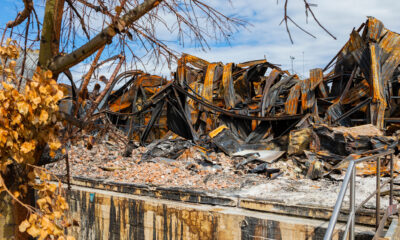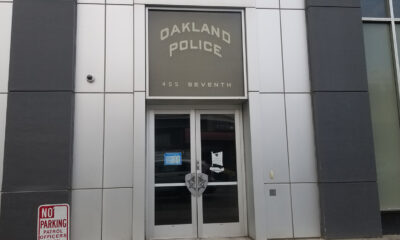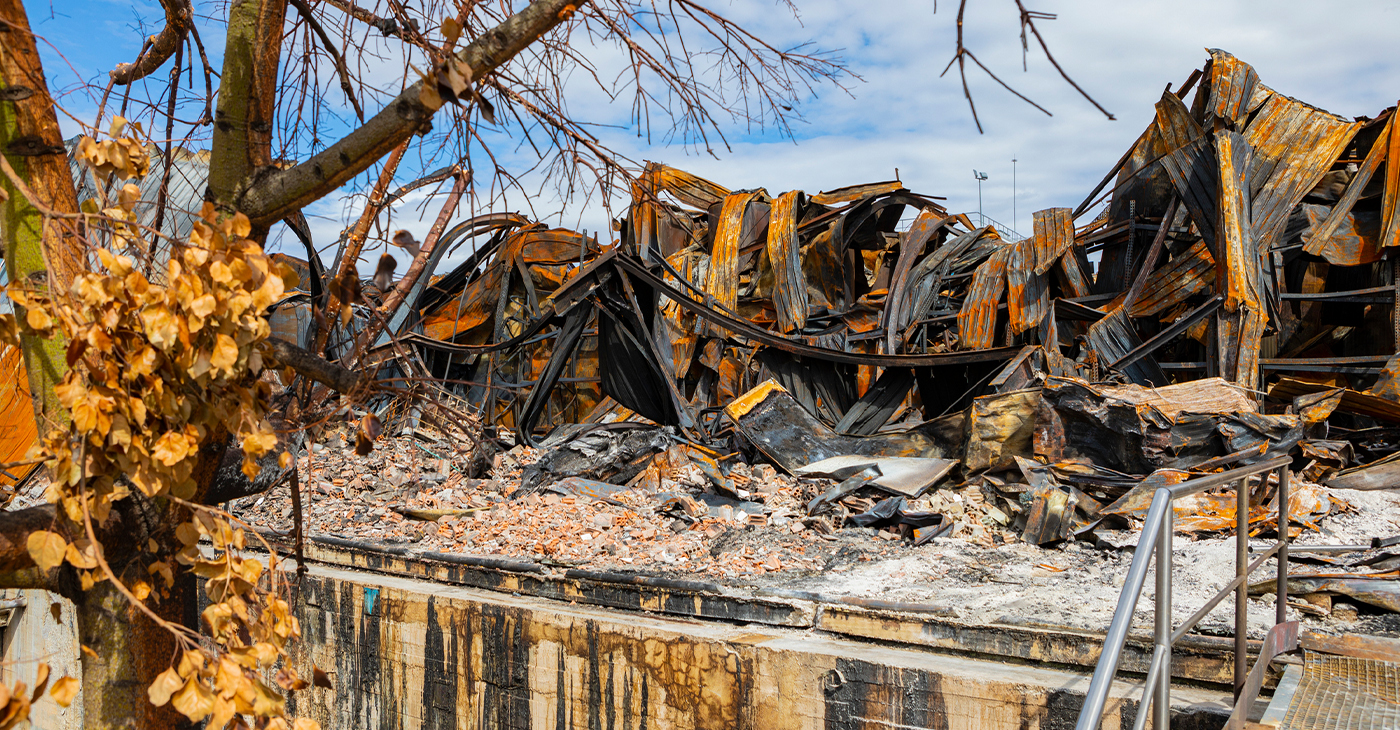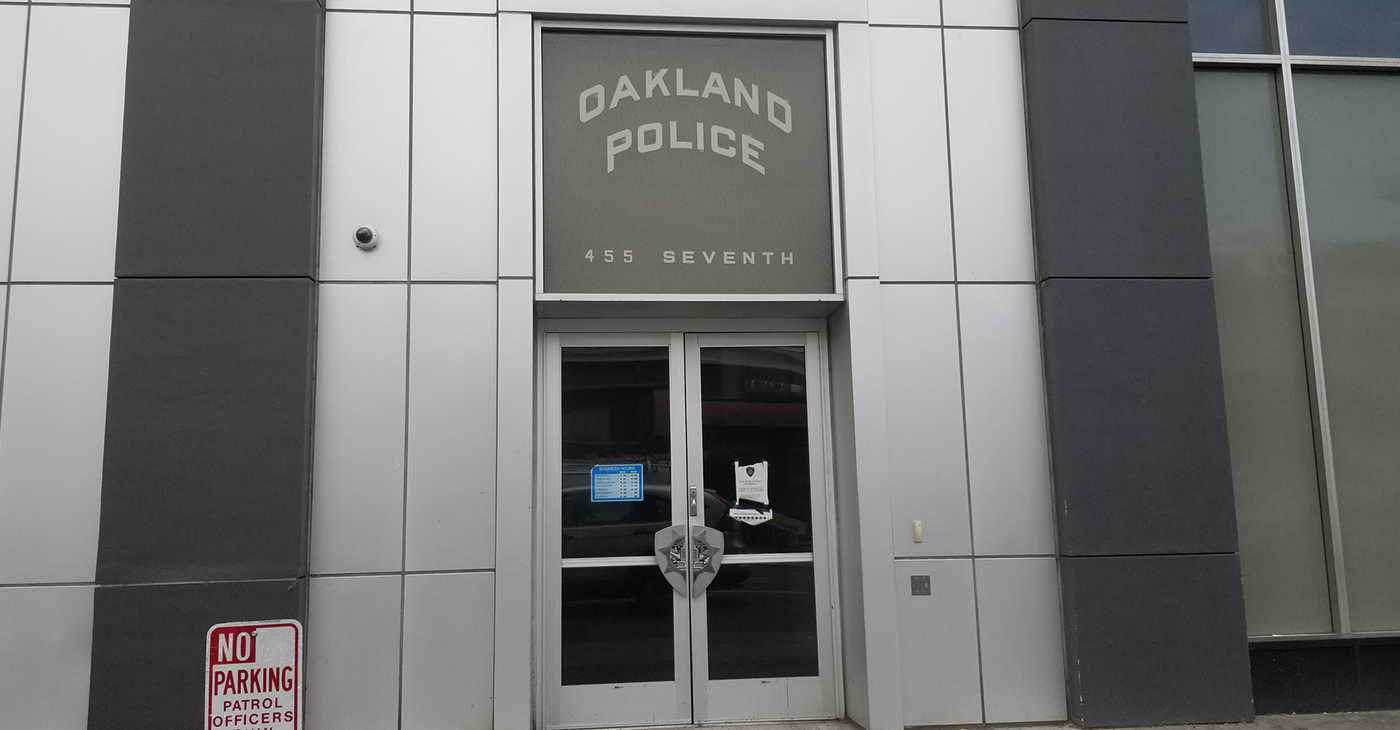By McKenzie Jackson
California Black Media
Five percent of the 225,231 Californians who lost their Medi-Cal coverage in June were African American.
According to numbers from the California Department of Health Care Services (DHCS), around 14,000 Black Californians lost health insurance with the state’s safety net health care exchange because they didn’t turn in the required renewal paperwork to continue their Medi-Cal enrollment or their coverage was switched to the state’s insurance provider, Covered California.
Mayra Alvarez, president of The Children’s Partnership, a Los Angeles-based organization that advocates for affordable health care service for families, said it is important for minorities to have health insurance.
“Especially, as we come out of this public health emergency that has disproportionately hit communities of color, we know health coverage is important to our families and livelihoods,” Alvarez said referencing the COVID-19 pandemic.
Medi-Cal is California’s version of the Medicaid program, which offers free or low-cost health care access to low-income people across the nation.
Alvarez and other California officials and advocates were speaking during an online video news conference last week organized by California Black Media and Ethnic Media Services.
The eligibility of 18 million Californians who are enrolled in Medi-Cal will be reviewed by the DHCS for the first time since 2020. As a result, between this summer and next spring, state officials estimate that 1.8 million to 2.8 million people could lose their Medi-Cal coverage.
To help Californians keep their insurance, DCHS has created a number of easy-to-navigate resources that state residents can access online. The state is also partnering with Community Based Organizations (CBOs) already connected to people in cities and towns across California to help educate the public through a bilingual campaign informing people about how they can prevent losing their health care coverage.
The Medi-Cal eligibility redetermination process, which officials call the “great unwinding,” is part of a massive undertaking taking place in every state to find out who qualifies for Medicaid.
A single Californian making $20,121 or less annually is eligible for Medi-Cal. In the past, participants had to prove their eligibility each year, but in March 2020 Congress suspended the income-verification requirement for Medicaid to make sure people had health insurance during the pandemic.
Those protections expired in March. The federal government has projected that 15 million Americans will lose their health insurance during the nationwide renewal process due to procedural reasons or excess income.
California’s DHCS began verifying the eligibility of Medi-Cal enrollees two months ago.
DHCS Assistant Deputy Director of Health Care Benefits and Eligibility Yingjia Huang said over one million Medi-Cal users had their eligibility reviewed in June. She expects that trend to continue monthly as batches of people come up for renewal until the end of the redetermination process in May 2024.
DHCS has an automatic renewal system for Medi-Cal users whose income the state can confirm on its own. The department is notifying people that they will receive a renewal packet in the mail via text, phone calls, and email.
Huang said individuals lost their Medi-Cal service either because they didn’t complete the renewal paperwork and return it to a county DHCS office by the June 30 deadline or they had an increase in income that allowed DHCS to move their coverage to an affordable health plan with Covered California.
Residents whose coverage was transitioned to Covered California are notified and able to review their new health plan, according to Covered California CEO Jessica Altman.
“California is well-positioned to help consumers through this process and help them keep coverage,” she noted.
Participants who were removed from Medi-Cal’s rolls but are still eligible for the service have until Sept. 30 to get their insurance reinstated. To do so, they must complete the renewal packet and return it to a DHCS office.
DCHS is advising all Californians to take the following steps: update their contact information online; check for mail from their county health office; create or check their online accounts; and complete their renewal forms (if they receive one in the mail).
DHCS and its partners, Huang stated, are committed to helping people maintain health insurance.
“Please be sure you are looking out for the yellow envelope and renewal packet,” she said. “We really hope we continue to keep our members on coverage.”
Community Clinic Association of Los Angeles County CEO and President Louise McCarthy said 64% of the 1.9 million Los Angeles County residents that visit CCALAC locations for health services are Medi-Cal enrollees. They can receive help completing the renewal forms at any of the 113 centers, McCarthy explained.
“A number of folks are letting that yellow packet slide,” she said. “If you haven’t seen the packet, reach out, and we will help you navigate the system.”
There were also 53,836 newly enrolled Medi-Cal participants in June, according to DHCS figures.
Alvarez, the president of The Children’s Partnership, said no one needs to lose their access to health care during the redetermination process.
“People are falling through the cracks,” she said. Keeping people enrolled, Alvarez added is “an all hands-on-deck effort.”
For more information on renewing your health insurance, visit DCHS online.
For individuals who receive Social Security Insurance benefits and don’t have online access, call, 1-800-772-1213 or contact your local Social Security office.


 #NNPA BlackPress4 weeks ago
#NNPA BlackPress4 weeks ago
 #NNPA BlackPress4 weeks ago
#NNPA BlackPress4 weeks ago
 Activism2 weeks ago
Activism2 weeks ago
 Activism2 weeks ago
Activism2 weeks ago
 Activism3 weeks ago
Activism3 weeks ago
 Activism2 weeks ago
Activism2 weeks ago
 Activism1 week ago
Activism1 week ago





















































